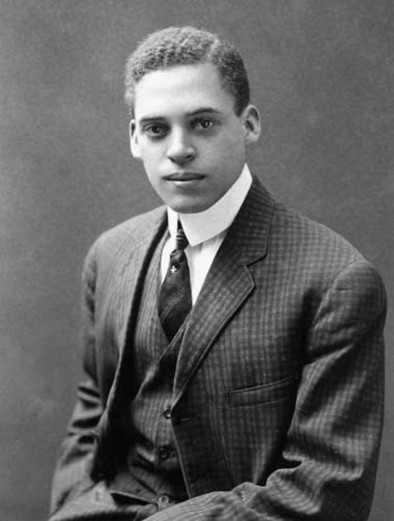
1883 - 1941
Ernest Everett Just
Biologist and Marine Scientist
Ernest Everett Just (1883–1941) was a pioneering African American biologist whose groundbreaking work in cell biology helped reshape scientific understanding of fertilization and early embryonic development. Born in Charleston, South Carolina, Just faced early adversity, including the death of his father and limited educational opportunities due to segregation. Despite these challenges, he excelled academically, eventually earning a degree in biology from Dartmouth College in 1907, where he graduated magna cum laude and was elected to Phi Beta Kappa. Just began his professional career at Howard University, where he served as a professor and head of the Department of Zoology. However, his most influential scientific work was conducted at the Marine Biological Laboratory in Woods Hole, Massachusetts, and later in Europe. There, he collaborated with prominent scientists and pursued advanced research, earning his Ph.D. in zoology from the University of Chicago in 1916. His research focused primarily on the role of the cell surface in the development of organisms. He challenged existing theories by emphasizing the importance of the cytoplasm and cell membrane, rather than the nucleus alone, in cell division and differentiation. Just conducted over 50 published experiments and made key discoveries about the fertilization process, including how sperm entry affects egg cell development. Despite racial barriers that limited his access to funding and faculty positions at major institutions, Just achieved international recognition, especially in Europe, where he found greater acceptance for his work. He spent time working in Germany, Italy, and France during the 1930s. Ernest Everett Just died in 1941 after being imprisoned briefly by Nazi forces during World War II. His legacy lives on through his contributions to developmental biology and his example as a Black scientist who defied racism and exclusion to advance science. He remains a symbol of resilience, intellectual excellence, and scientific innovation.
Key Achievements
- Earned his Ph.D. in zoology from the University of Chicago in 1916
- Conducted over 50 published experiments on cell development and fertilization
- Challenged existing theories by emphasizing the importance of cytoplasm and cell membrane
- Achieved international recognition, especially in Europe, despite racial barriers